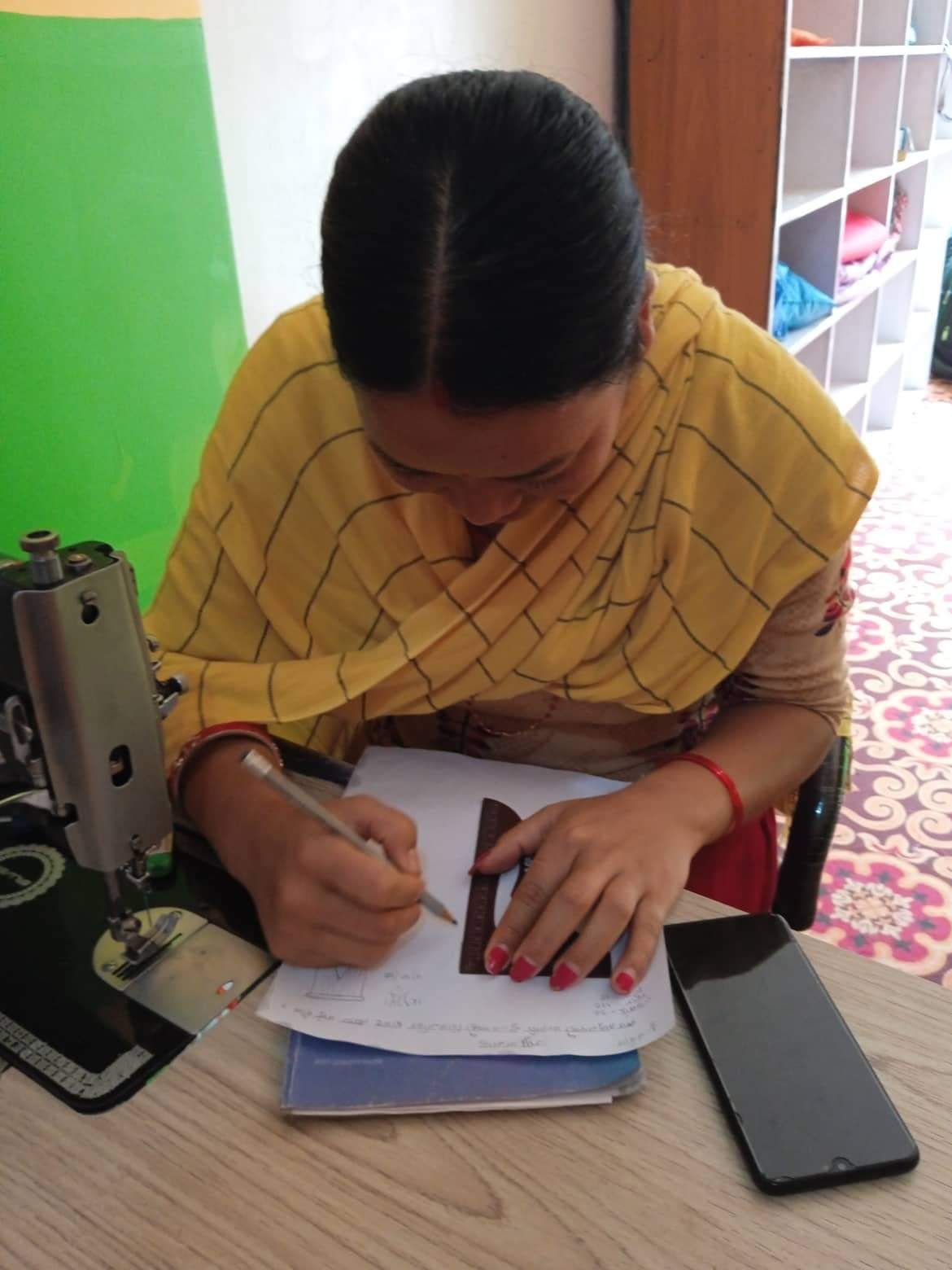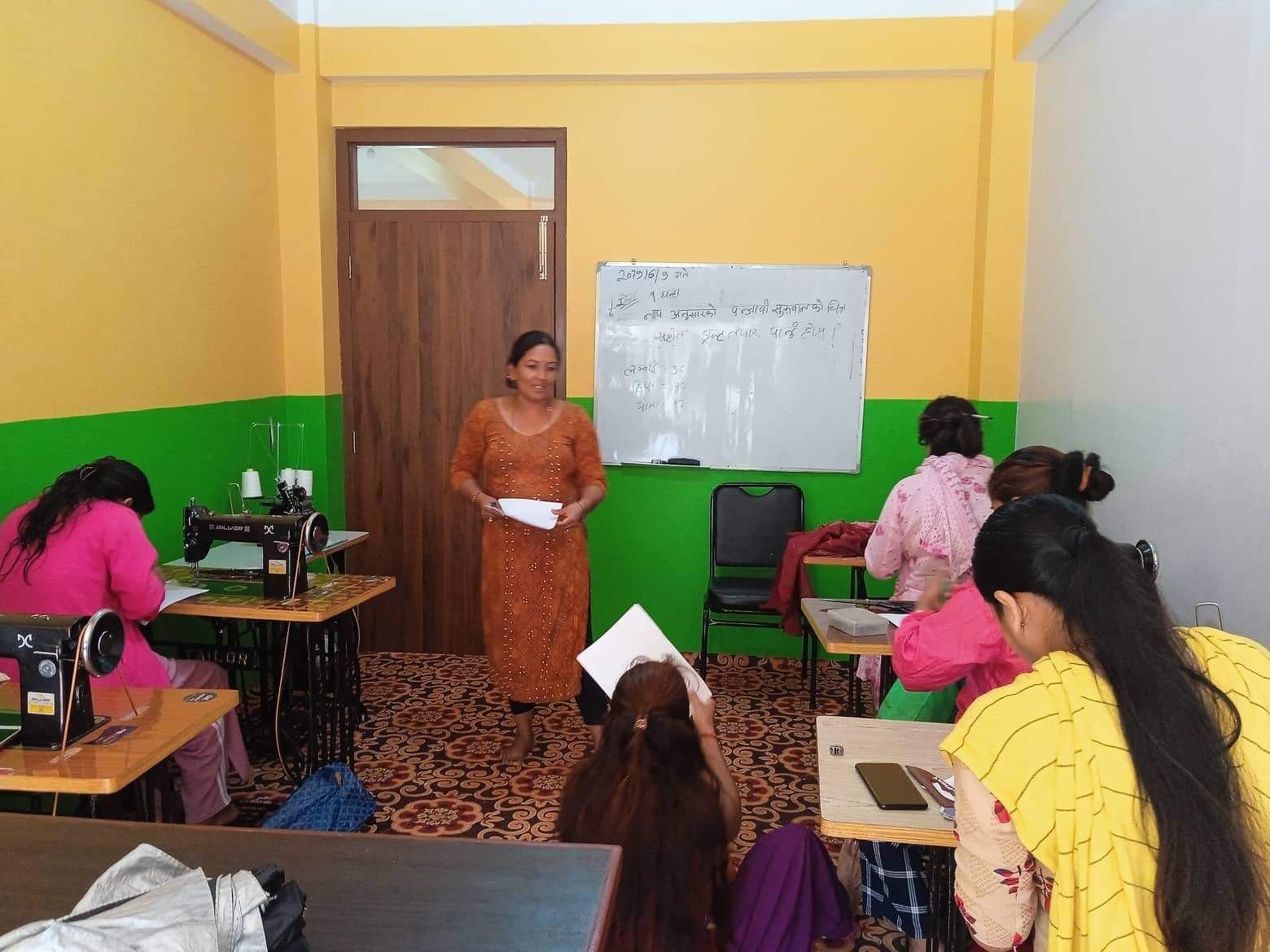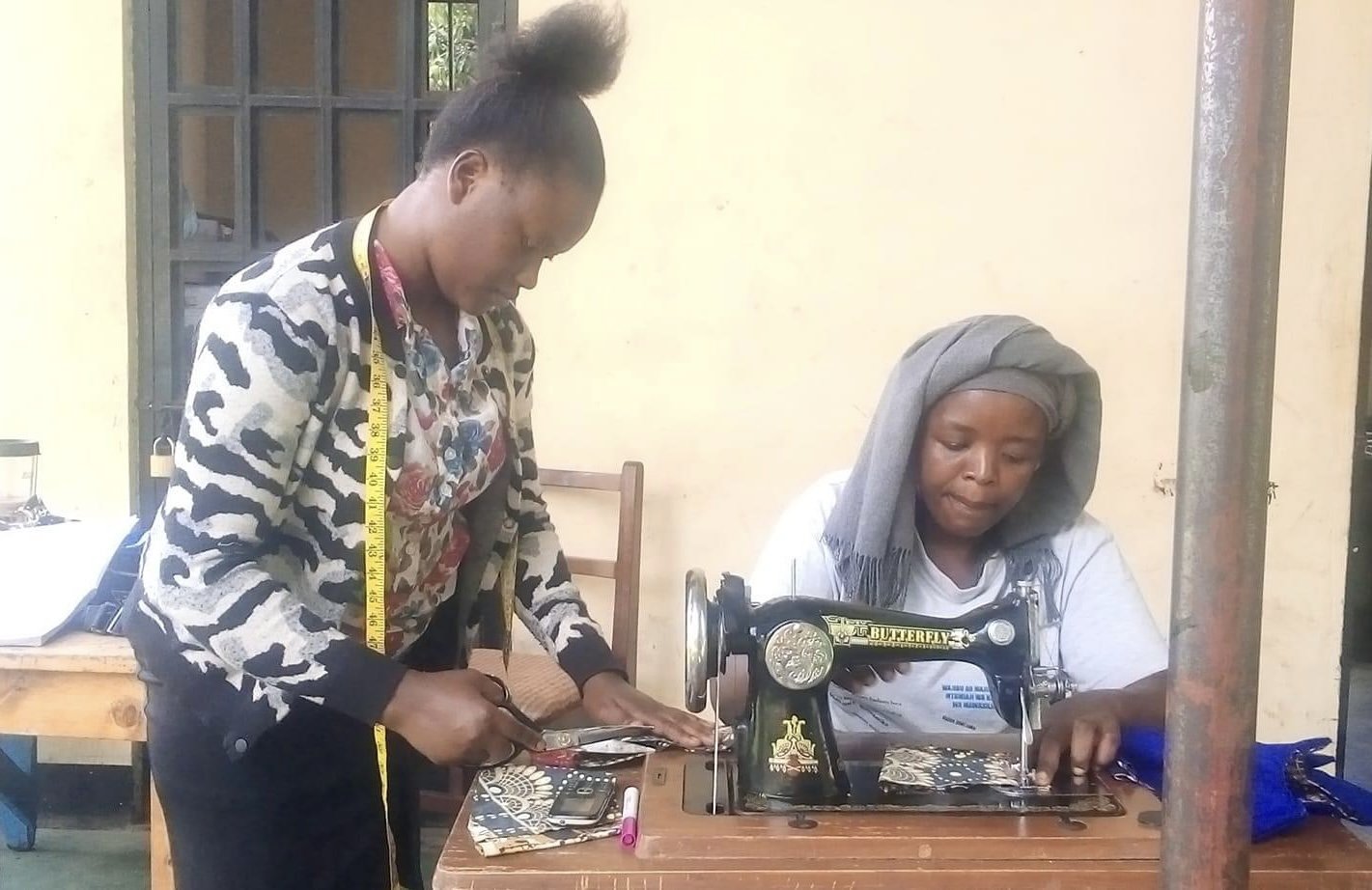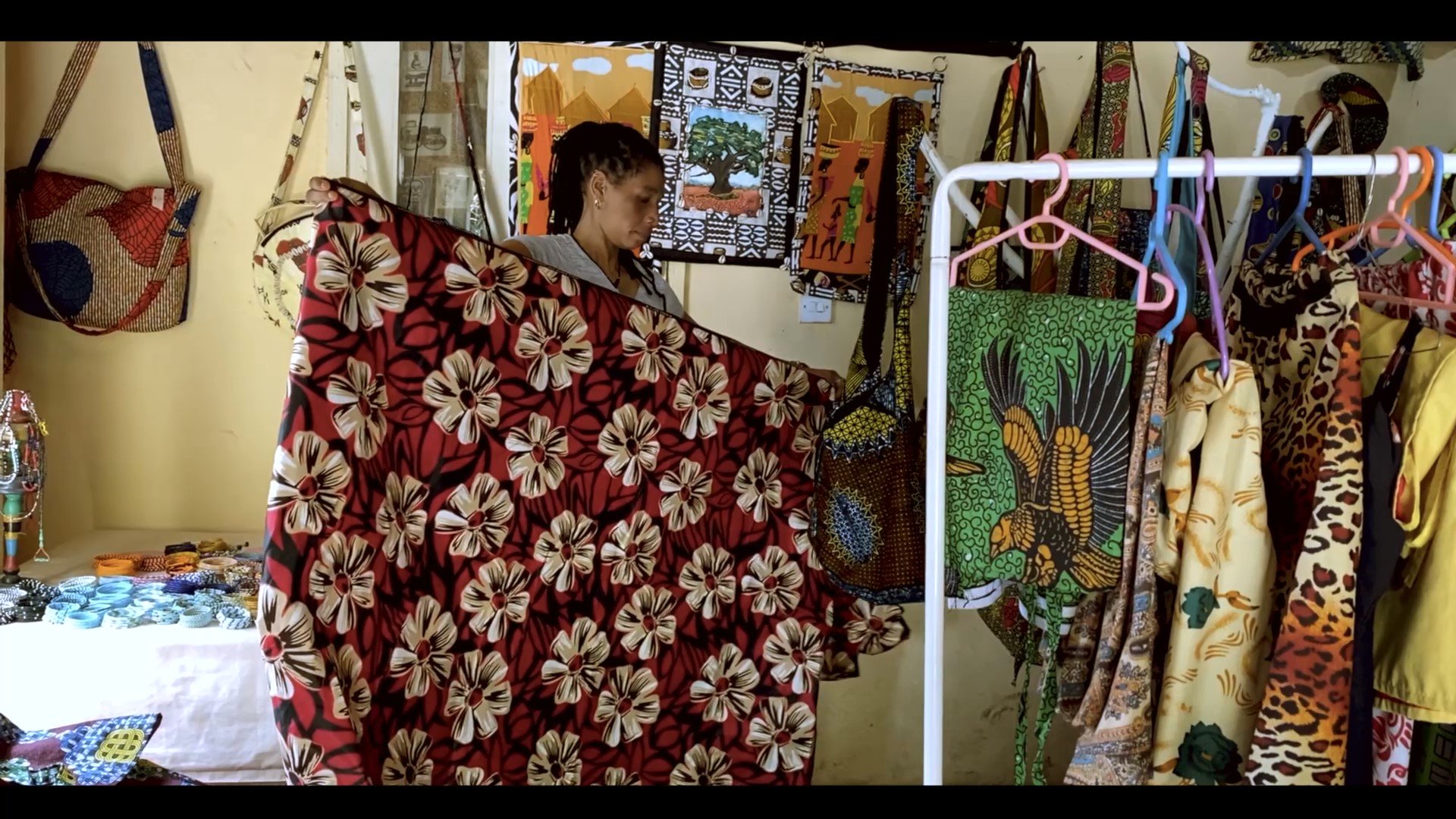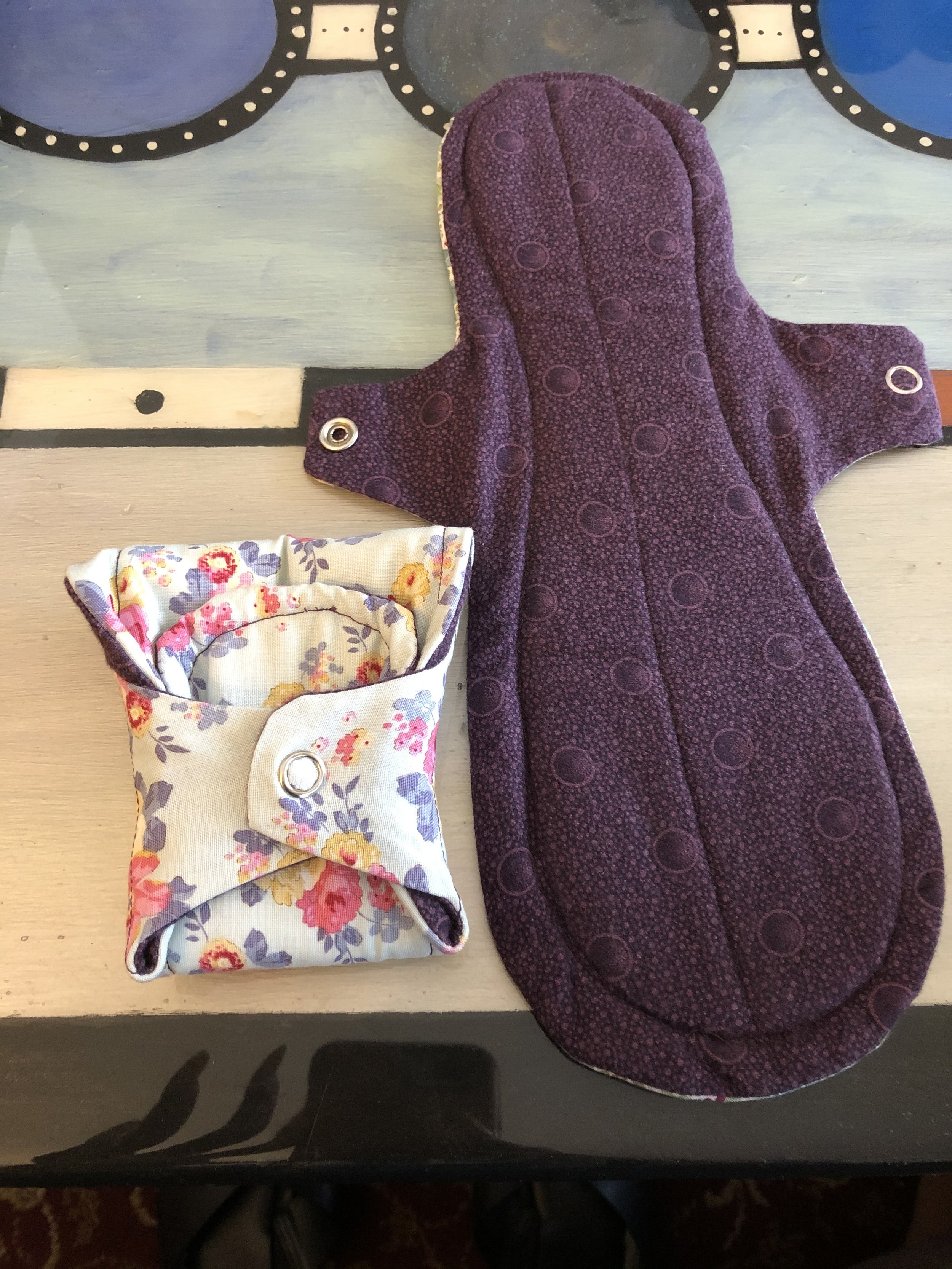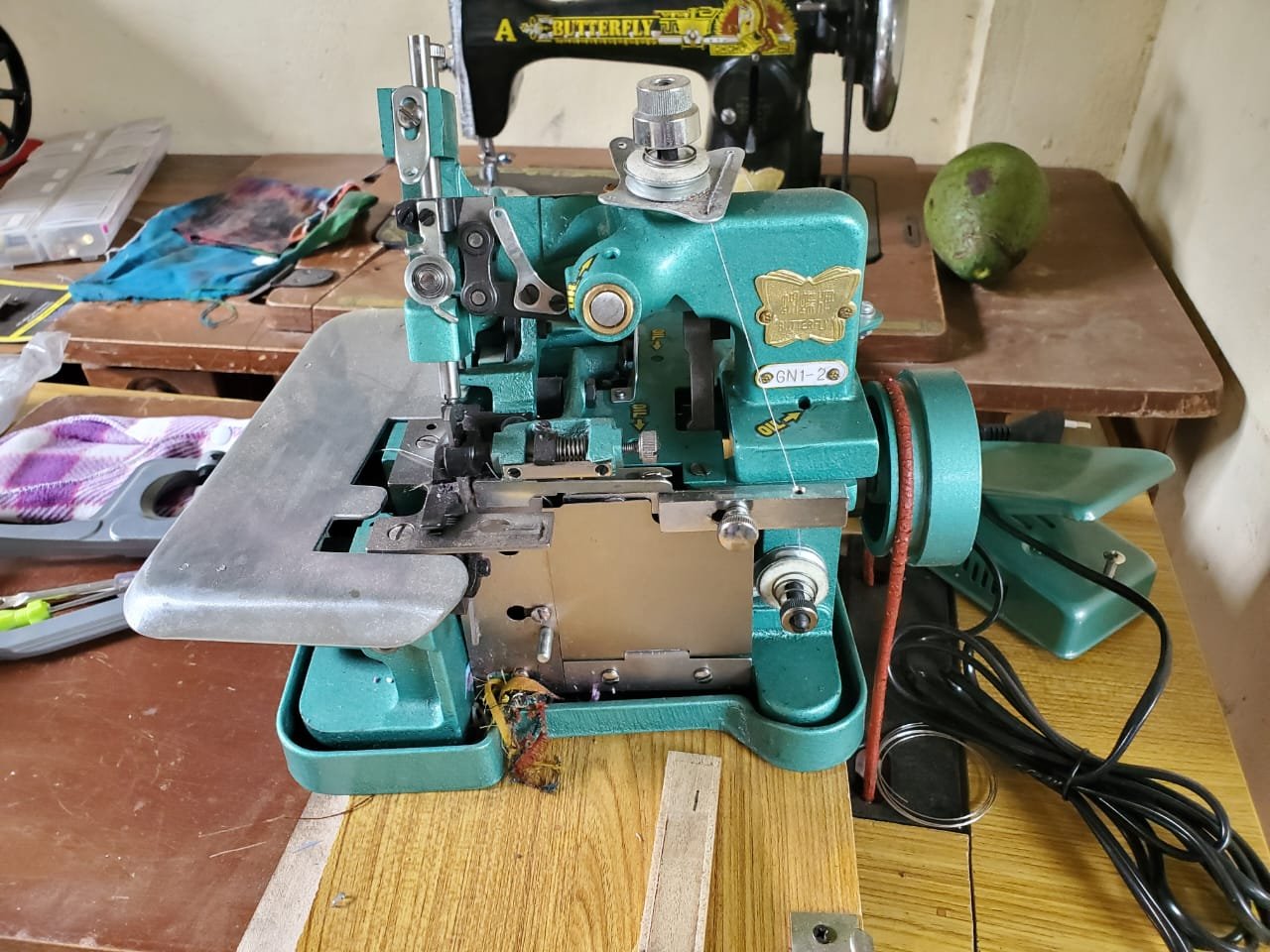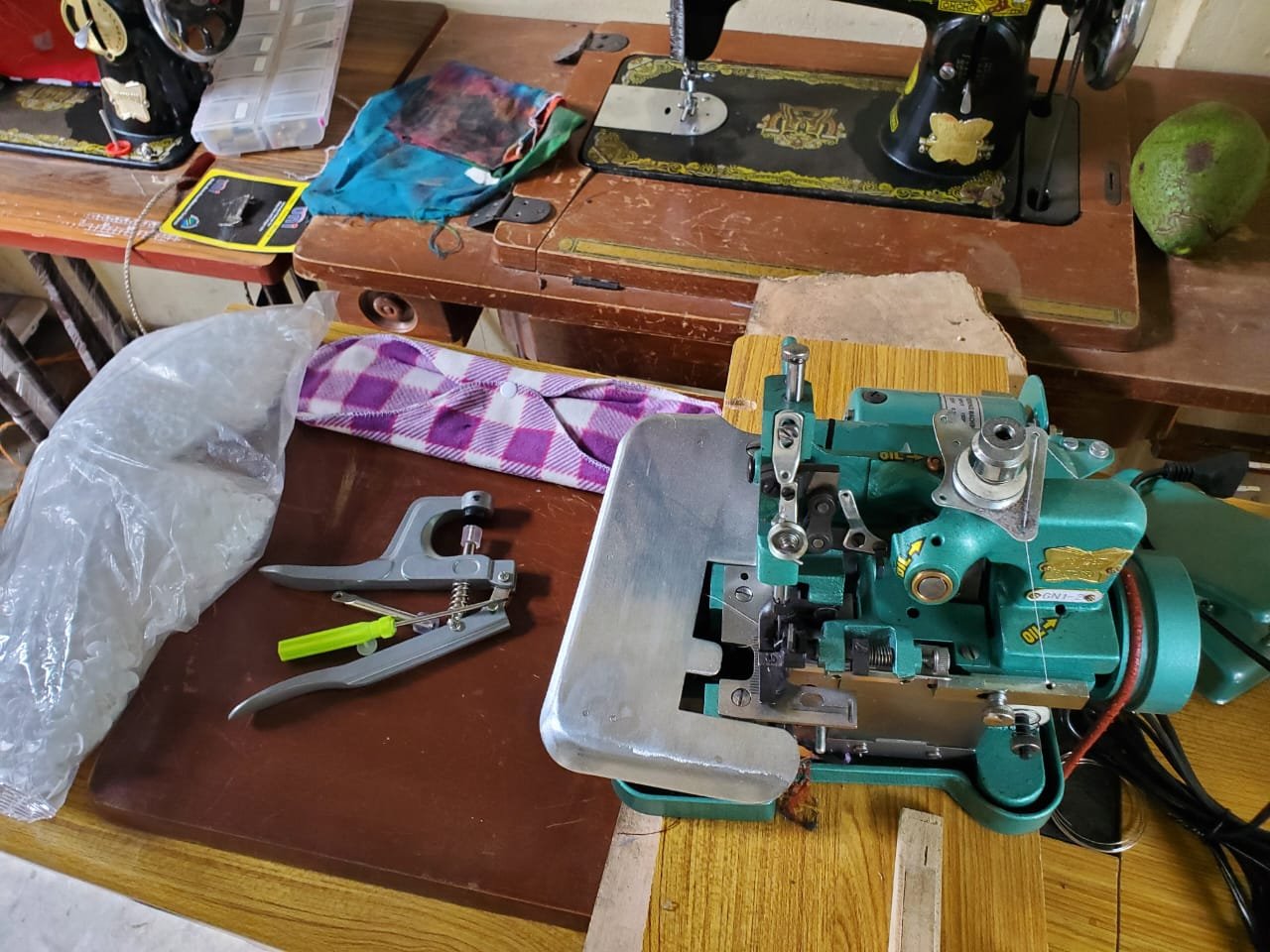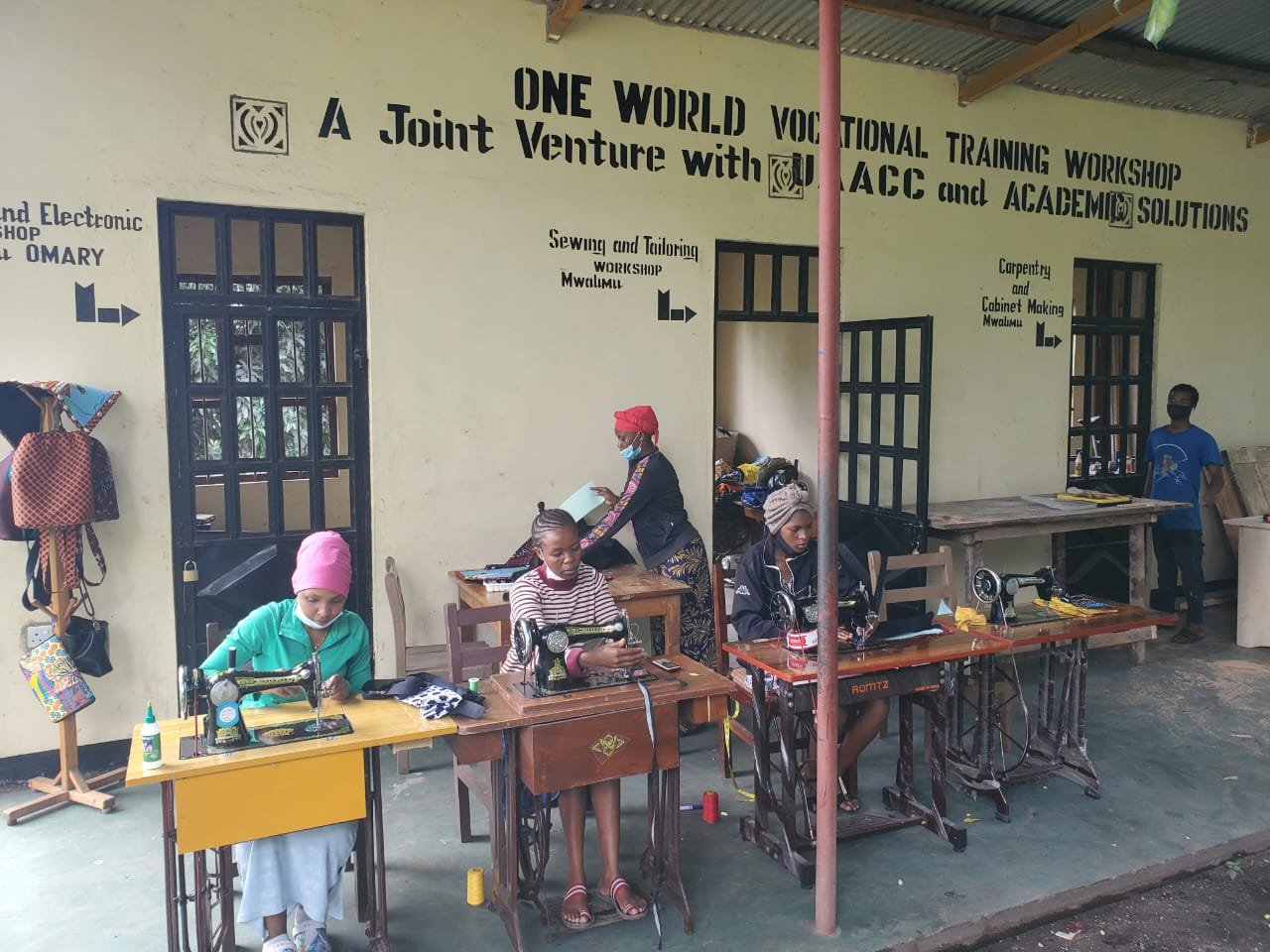Empowering Women through Sewing Cooperatives and Micro-enterprises
In recent years, sewing cooperatives have emerged as powerful platforms for empowering women through micro-enterprises. These grassroots initiatives not only offer economic opportunities but also foster a sense of community and self-reliance among women in various parts of the world. However, facing limited access to affordable finance, capacity-building support, partnership networks, and global markets, women and young entrepreneurs need help to overcome the numerous challenges that frequently stifle the growth of their businesses, confining many of them to informality or necessity entrepreneurship (United Nations General Assembly, 2023).
A primary co-operative is formed by not less than five people with a goal to provide employment or services to its members and facilitates community development. Sewing cooperatives are collaborative ventures where women come together to pool their skills and resources in the art of sewing. These microenterprises enable women, often from marginalized backgrounds, to utilize their sewing talents to generate income and support their families. By working collectively, these women gain access to bulk material purchases, shared equipment, and expanded markets, ultimately amplifying their earning potential. Collectively, working with cooperatives help to strategically resolve issues of difficulty maintaining quality control, and systematically create efficient ways to produce their products for the markets or to fulfill orders (Suffrin, 2013).
Women are starting to create cooperatives to help each other get out of the informal sector and face the difficulties of the market together. The impact of sewing cooperatives extends beyond mere financial gains (UN Women Africa, 2023). They provide a safe space for skill development, knowledge sharing, and emotional support. Women within these cooperatives find themselves empowered not only as skilled workers but also as decision-makers and leaders. The sense of belonging and mutual reliance within these groups boosts confidence and self-esteem, equipping women to take charge of their destinies.
These microenterprises also play a crucial role in promoting gender equality. By creating opportunities for women to become financially independent, sewing cooperatives challenge traditional gender roles and societal norms. The economic autonomy achieved through these initiatives empowers women to make informed choices, invest in education, and improve the overall quality of life for themselves and their families.
In conclusion, sewing cooperatives exemplify the strength of women coming together to uplift one another through microenterprises. Beyond the economic benefits, these initiatives serve as vehicles for social change, fostering skills, leadership qualities, and a newfound sense of empowerment. As these cooperatives continue to flourish, the world moves one step closer to gender equality and inclusive economic growth.
Free sewing classes in Kathmandu, Nepal and Arusha, Tanzania in 2022. The classes are taught to women to learn valuable skills to start their own micro-enterprises.
References
Suffrin, Rachael (2013). "The Sewing Cooperative: Generating Resources by Increasing Production Efficiency: Argentina (GRIPE A) (Case Study)," The International Undergraduate Journal For Service-Learning, Leadership, and Social Change: Vol. 2: Iss. 2, p. 1-11. Available at: https://opus.govst.edu/iujsl/vol2/iss2/3.
United Nations General Assembly (2023). “GALVANIZING MSMES WORLDWIDE BY SUPPORTING WOMEN AND YOUTH ENTREPRENEURSHIP AND RESILIENT SUPPLY CHAINS.” Micro-, Small and Medium-sized Enterprises (MSMEs). Retrieved from https://www.un.org/en/observances/micro-small-medium-businesses-day.
UN Women Africa (2023). “A safe workspace for rural women: UN Women and AGRIKCOM in Kongo Central.” Retrieved from https://africa.unwomen.org/en/stories/interview/2023/05/un-espace-de-travail-securise-pour-les-femmes-rurales-onu-femmes-et-agrikcom-au-kongo-central.


